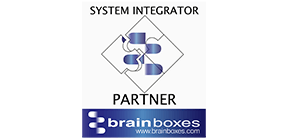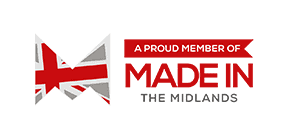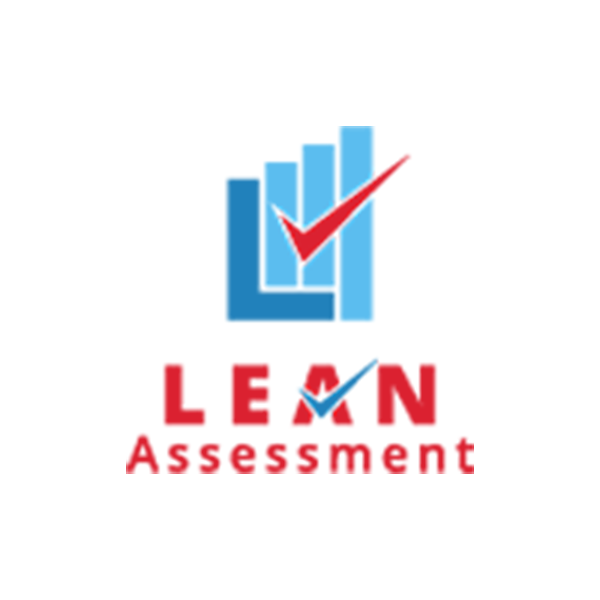Industrial Automation
- By Brett Griffiths
- Lean Technology
- September 23 , 2020
- Share
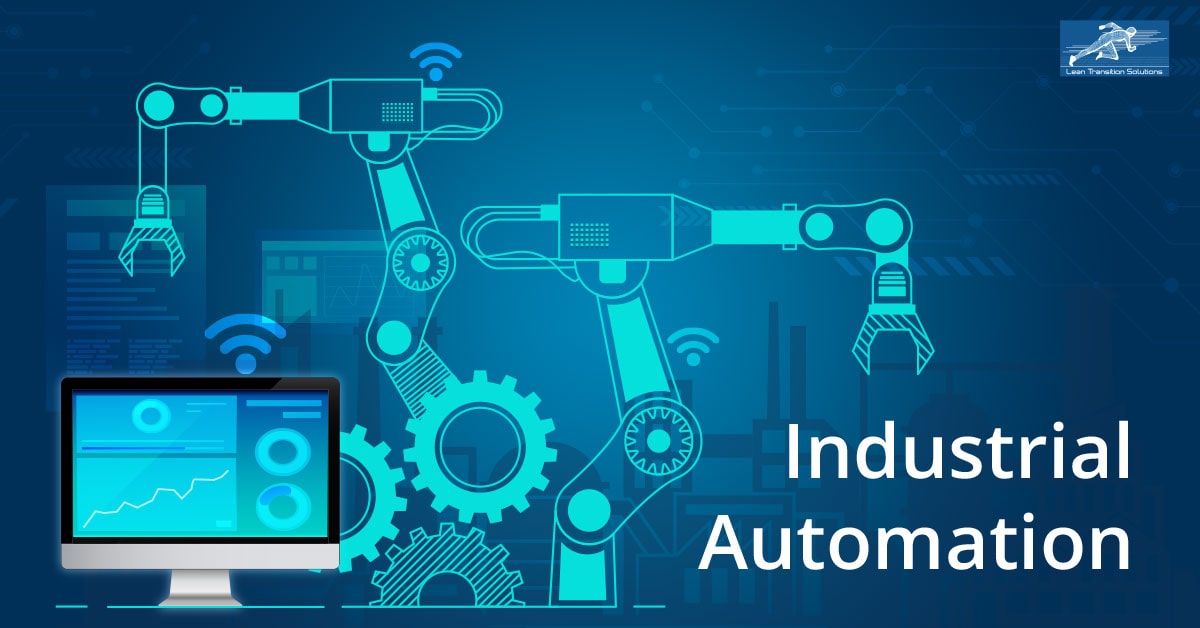
The era of Industry 4.0 is upon us and automation has been one of the driving forces for manufacturers. Industrial automation in manufacturing is the use of systems, such as computers or robots, and information technologies for handling different processes within the industry with minimal human intervention. Industries aim at increasing productivity by transforming factories into smart and smarter factories. Automation plays a key role in it. Automation and advanced technologies produce greater gains in productivity. Modern manufacturers aim at producing sustainable growth at all levels. Though at first the purpose of automation was to increase productivity and to reduce the cost, today, the has shifted to increasing quality and flexibility in a manufacturing process.
Advantages of Industrial Automation
High Productivity- Implementing automation allows manufacturers to be productive 24*7 for the whole year. Machines can be used for the maximum number of hours without any breakdown and plants need not be shut for maintenance or holidays. This leads to a significant improvement in the productivity of the company.
High Quality- Automation causes zero error in the process, it will produce products with uniform quality which can be a challenge when done by human hands alone.
High flexibility- Adaptability is quite challenging for human beings whereas robots can be easily programmed and made available. A new task can be created and assigned with much ease, hence industrial automation is much more flexible.
High Information Accuracy- Data accuracy is high in automated shop floors. Chances for errors are zero. This will help in reducing waste and improving productivity.
High safety- Health and Safety and the workplace is very important. Industrial automation will make the production line safer for the employees, where you can deploy robots to do tasks that have high risks involved.
Though there is a higher initial cost for industrial automation, in the long run organisations will benefit from it.
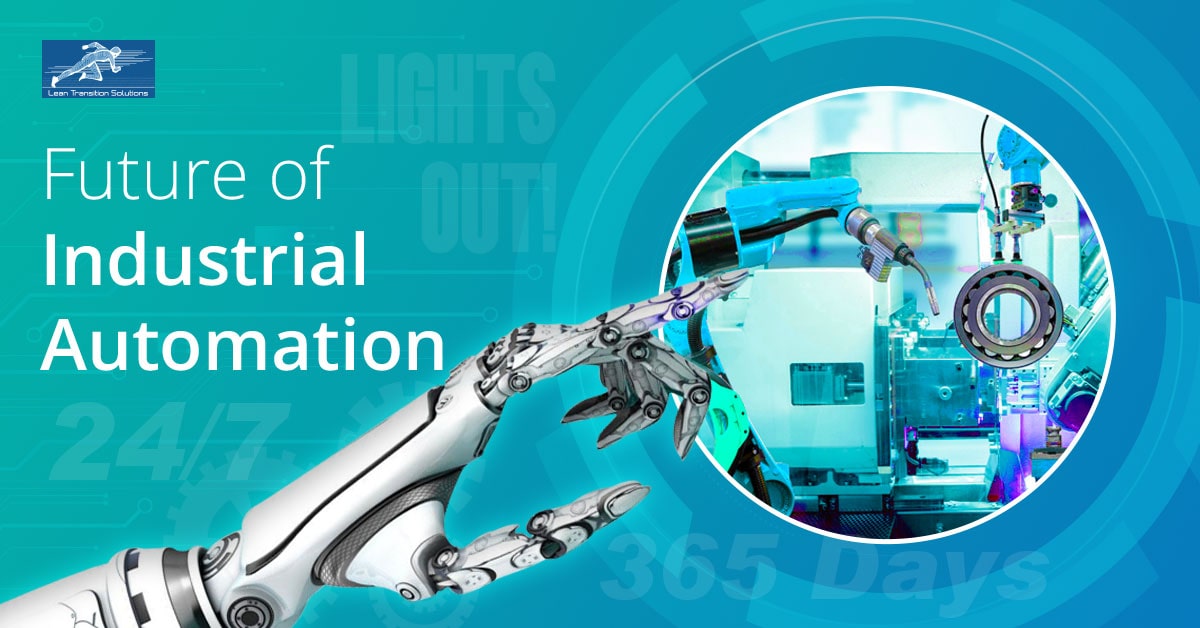
Future of Industrial Automation
Fully automated futuristic factories are known as dark factories. Dark Factories are the reality that is approaching soon. The term has been attracting a lot of people. Dark factories (where the lights are off) can work 24*7 with automated robots (the advanced automation level), which will increase productivity with zero error in manufacturing processes. They can replace almost 90% of the human workforce without compromising the production routine. Industrial robots of the future will be multi-functional and will be able to make decisions and work autonomously.Factories are already moving towards an automated industry and moreover it has become a necessary for industries to be more advanced and updated. Upgrading from smart factory to dark factory can be more of an economic decision. Research reveals that a fully automated factory can increase productivity even up to 250% and the errors decreased by 80%. No doubt within a time span of five to ten years industries across the world will embrace the change of becoming smart factories and those who already run a smart factory will definitely transform to fully automated ‘Dark Factories’.
Start Free Trial
LEAN TRANSITION SOLUTIONS
The Old Vicarage, Pershore Road, Upton Snodsbury, Worcester, Worcestershire, WR7 4NR, United Kingdom.
Lean Transition Solution
-
Lean Industry 4.0 Solutions
- TITAN:Computerised Maintenance Management System
- Data Point:Computerised Balanced Scorecard
- Janus: Automated Shop-floor Data Capture System
- T-Card: Integrated Production Planning and Plant Level Execution System
- JDI: Maintenance Automation App
- Maximus: Integrated ERP System
- e-Contractor: Integrated In-house Contractor Management System
- Q-Point: Integrated Quality Management System
- Safety-Point: Integrated Health and Safety Management System
- Lean Assessment: Lean Audit and Assessment System
- Saisho: Lean 5S Audit and Assessment App
- Emergency Response App: To Manage Emergency Situations
-
Leadership 4.0 Solutions
- Your Career Academy(YCA): Learning and Development System
- YCA e-Learning : Management System
- MentorYou(MU): Mentoring App
- Leadership 4.0 : Leadership Transformation Program
- Lean Manufacturing Workshop
- Lean Manufacturing Consulting
- ILM Accredited Green Belt Training and Certification Program
- ILM Accredited Black Belt Training and Certification Program
- Software Development Service
- Resources
- Company
- Contact
